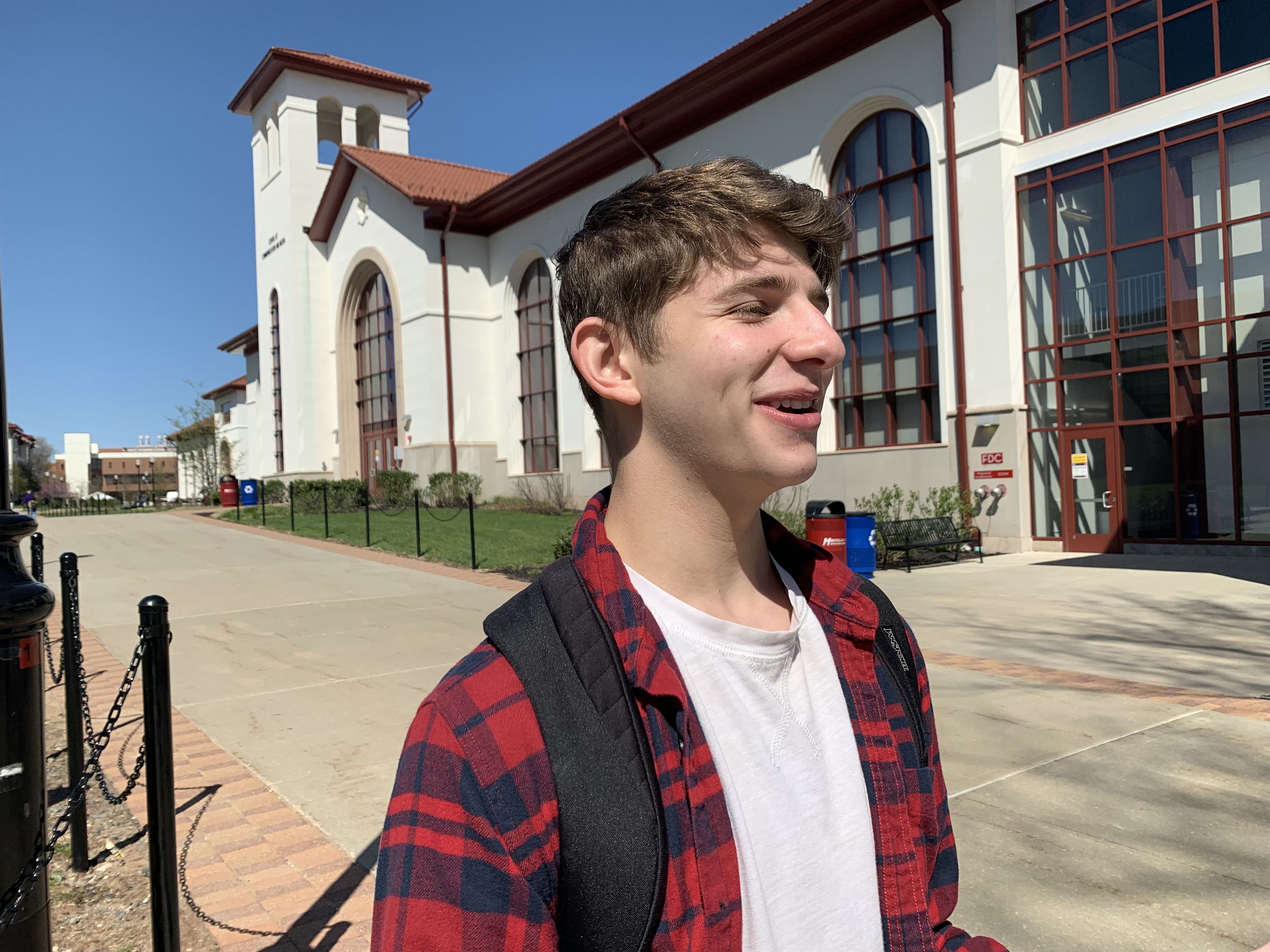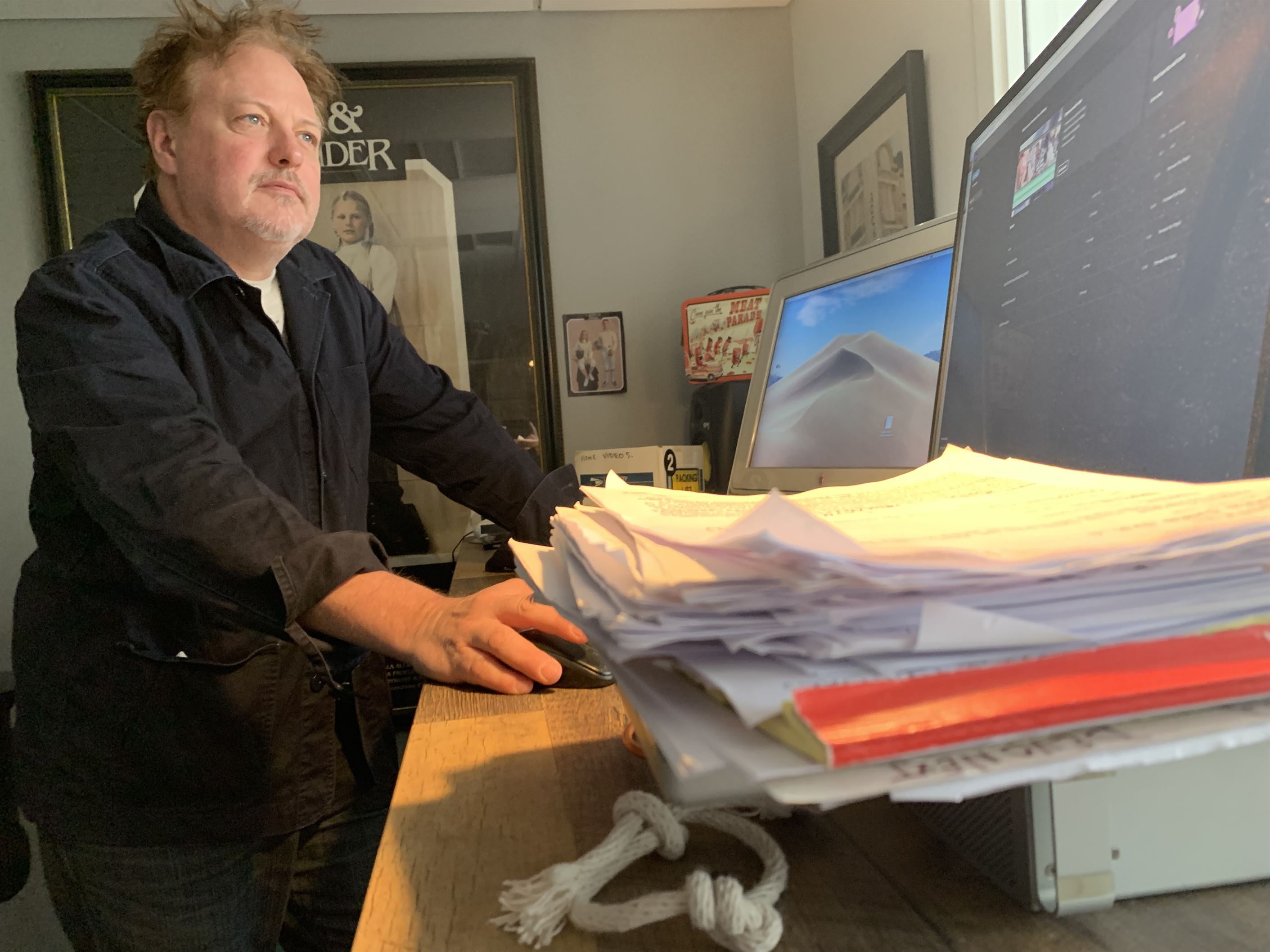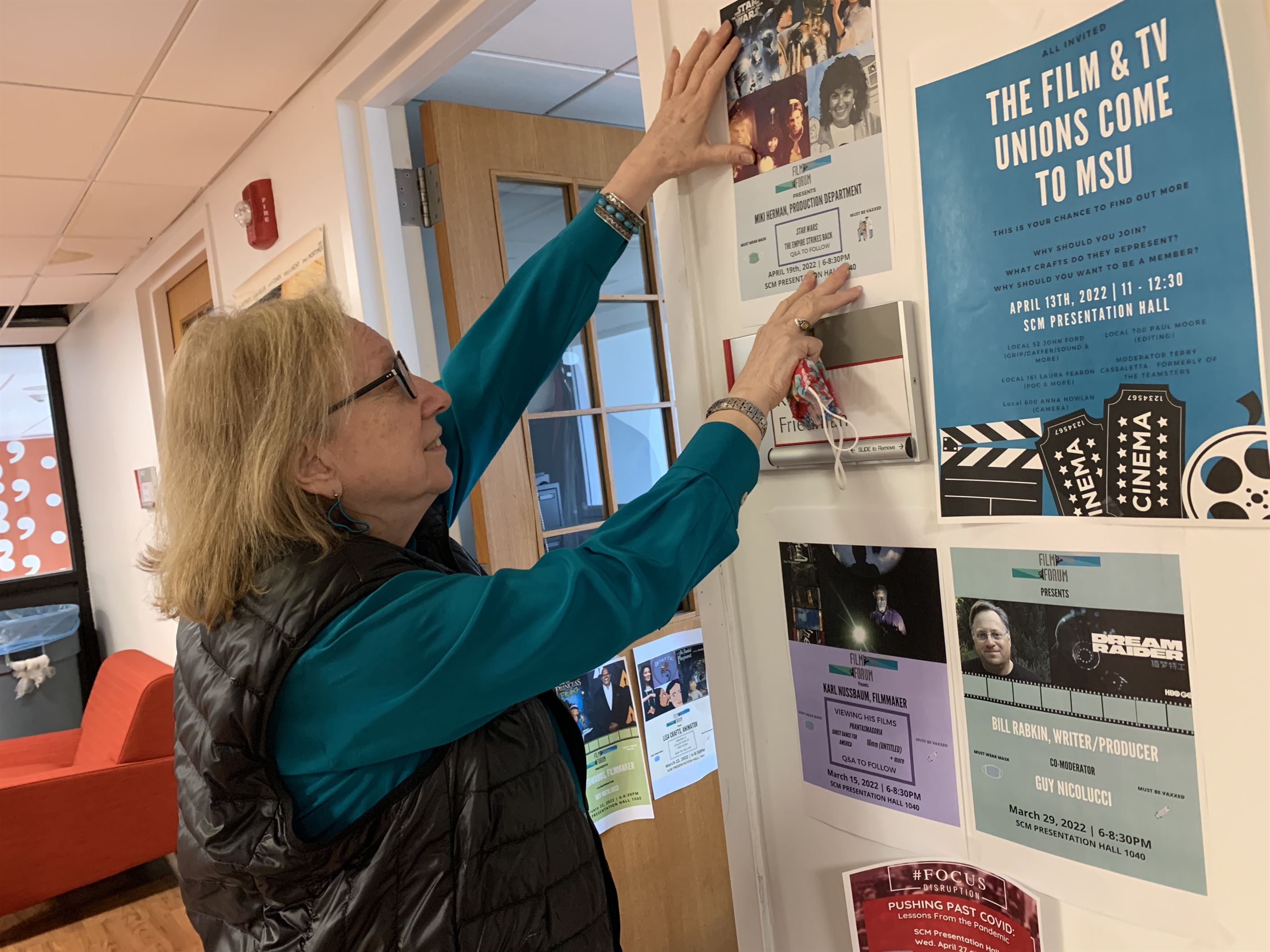#FocusDisruption is a collaboration of all the media outlets within Montclair State’s School of Communication and Media. Our goal is to report stories that highlight the effects or disruption of the last two years and the solutions that have come out of it. All aspects of day-to-day life have been altered but we will be primarily focusing on how mental health, education and the workplace have changed.
The coronavirus (COVID-19) pandemic has held lasting impacts on the functionalities of the world’s business, especially in the film and entertainment industry. With the vanishment of daily commerce toward in-person theaters, the trend of releasing brand new movies on paid streaming services has gained traction over the past two years.
Some people believe in-person theaters are an activity unlike any other, and movies should remain on the functional path that it has been for the past century. However, some prefer to watch grand-scale movies from the comfort of their own homes. According to an October 2021 poll, 71% of American adults would rather watch a movie at home rather than going out to a theater.
Yak Ferstenberg, a freshman filmmaking major, gave insight into the ongoing shift within the industry.
“[Here is] what’s interesting about that: today, these Marvel movies are the only movies people see in theaters anymore,” Ferstenberg said. “People aren’t willing to take risks to see independent, art-house movies. People just flock to movies like [‘Spider-Man: No Way Home,’ ‘Dune’ and ‘Shang-Chi and the Legend of the Ten Rings.’]”

Yak Ferstenberg, a freshman filmmaking major, spoke about how movies today are overshadowed by popularity.
Aidan Ivers | The Montclarion
Ferstenberg shared how series on streaming services differ widely from what people are used to seeing in theaters.
“On streaming services, you could watch a series like ‘Squid Game,’ which is very graphic and violent, and people watch that,” Ferstenberg said. “You wouldn’t see something like ‘[Squid Game]’ in the theater; you would want to be comfortable.”
Some say the current state of how movie theaters are functioning due to the pandemic is unfortunate for the industry. Drew Raskin, a freshman film and television major, shared his experience with movie theaters over the past two years.
“Definitely ever since [COVID-19] hit, the movie industry has suffered,” Raskin said. “The first couple of movies I saw since the start of the pandemic were [‘Space Jam: A New Legacy’] and [‘Spider-Man: No way Home’]. Only the big ones. Other than those, I wouldn’t really see any.”

Drew Raskin, a freshman film and television major, shared what he felt was important about in-person theaters.
Aidan Ivers | The Montclarion
Raskin also shared what he felt to be the extraordinary experience of watching movies in the theater.
“Being in the theater, especially watching a movie like [‘Spider-Man: No Way Home’], you have the audience reacting on opening day,” Raskin said. “The cheers and laughs are things you can’t get on streaming services when you’re most likely watching by yourself, so there’s something special about that. I think the streaming services are still good, but hopefully, the movie industry doesn’t end as we know it.”
Professor Anthony Pemberton, director of the filmmaking program at Montclair State University, also gave his input on the current state of the film and entertainment industry and how it is affecting his students.
“We try to have our ear to the industry in what is happening and the changes that occur all the time,” Pemberton said. “Some of these are changing the focus from movie theaters to streaming, but often it’s a lot of the same kind of skills our students have always been learning.”

Professor Anthony Pemberton is the director of Montclair State’s filmmaking program.
Aidan Ivers | The Montclarion
Pemberton highlighted how the filmmaking program has adapted to this ongoing change dating back to more than a decade prior.
“Whether they get a streaming service or go to a theater, the goals of the film directors, the producers and the people making the project are often similar to long-form feature filmmakers as well,” Pemberton said.
Professor Roberta Friedman, the co-coordinator of the filmmaking program, pointed out the streaming trend in the industry.
“It has definitely increased the work that gets presented in a streaming format,” Friedman said. “And that, I think, has superseded theater going, DVDs and all other forms of distribution over the last two years.”

Professor Roberta Friedman is one of the co-coordinators of the filmmaking program.
Aidan Ivers | The Montclarion
Friedman also provided what she felt the future would entail for the movie theater and television industries.
“I think they are going to be everything,” Friedman said. “Theater, because there is nothing like going to one, especially seeing a large-format or 3D film — it’s got to be in a theater. I also think there will be more streaming services, more cable … there will be tremendous competition between both, hopefully, to improve the quality of the work that is made because they are so hungry for new material.”



